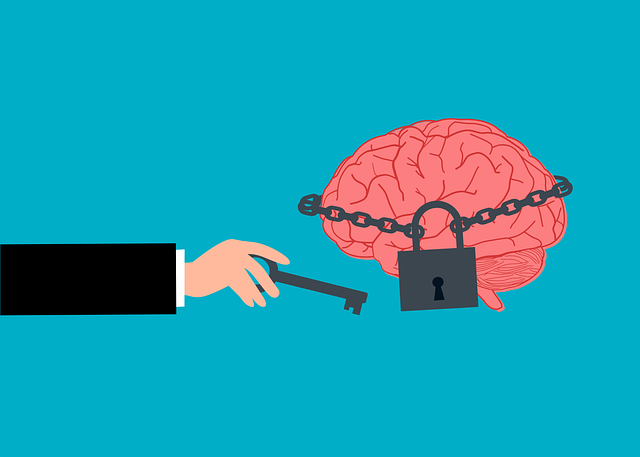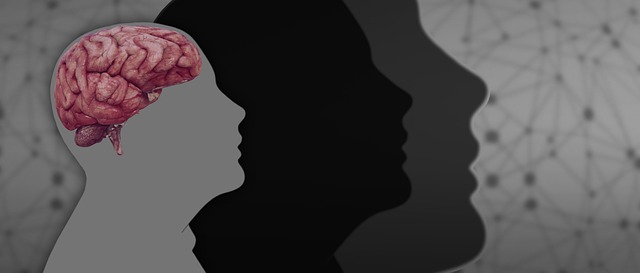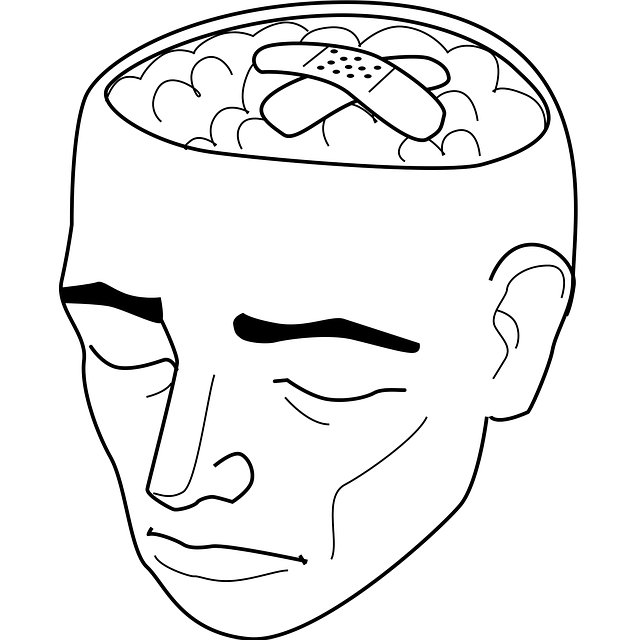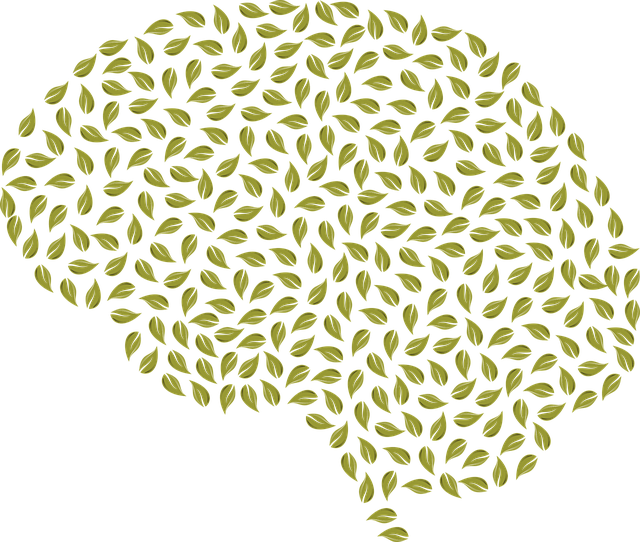Adults in polyamorous and open relationships face unique challenges when dealing with loss, grief, and bereavement due to complex emotional dynamics and shared loved ones. Specialized therapy, including self-awareness exercises and burnout prevention strategies, is crucial for processing feelings of loss, jealousy, insecurity, and guilt. Culturally sensitive mental healthcare practices and education programs validate their experiences, promote healthier grieving processes, and strengthen relationships within these unique connections. #TherapyForAdultsPolyamorousAndOpenRelationships
Loss, grief, and bereavement counseling is a vital service for individuals navigating complex emotions during life’s challenges. For adults in polyamorous and open relationships, these processes can be particularly unique. This article explores how therapy supports folks in these communities through the intricate tapestry of their losses. We delve into understanding grief from diverse perspectives, examine the role of counseling in managing complex emotions within open relationships, and discuss tailored therapeutic approaches to meet the specific needs of polyamorous adults.
- Understanding Loss, Grief, and Bereavement: A Unique Perspective for Polyamorous Individuals
- The Role of Counseling in Navigating Complex Emotions in Open Relationships
- Therapeutic Approaches Tailored to Support Adults in Non-Monogamous Communities
Understanding Loss, Grief, and Bereavement: A Unique Perspective for Polyamorous Individuals

Understanding loss, grief, and bereavement is a sensitive yet crucial aspect of mental health awareness, particularly for adults in polyamorous and open relationships. Unlike traditional monogamous dynamics, these relationships often introduce unique complexities when navigating death and loss. The concept of multiple profound connections can challenge societal norms surrounding mourning, making it essential to have specialized therapy for adults in polyamorous and open relationships.
Polyamorous individuals may experience grief in various layers, involving not just the lost partner but also other significant loves in their lives. This complex web of emotions demands a nuanced approach during bereavement counseling. Mental health education programs designed with this demographic in mind should focus on fostering self-awareness exercises tailored to process these multifaceted feelings. By acknowledging and validating their unique experiences, therapy can empower polyamorous individuals to heal and move forward in healthy, fulfilling relationships.
The Role of Counseling in Navigating Complex Emotions in Open Relationships

Loss, grief, and bereavement can be especially complex within open relationships, where individuals navigate not only their personal sorrow but also the unique dynamics and emotions that arise when loved ones are shared. Therapy for adults in polyamorous and open relationships plays a crucial role in helping them process these complexities. Counselors provide a safe space to explore feelings of loss, jealousy, insecurity, and guilt—emotions that may be amplified by the non-traditional nature of their bonds.
Through culturally sensitive mental healthcare practices, therapists can address the unique challenges faced by individuals in open relationships, incorporating burnout prevention strategies for healthcare providers to ensure sustained support. Mental health education programs designed with these dynamics in mind can foster an environment where all parties involved feel understood and validated during this difficult time, ultimately contributing to healthier grieving processes and stronger relationships.
Therapeutic Approaches Tailored to Support Adults in Non-Monogamous Communities

In the context of therapy for adults in polyamorous and open relationships, specialized approaches have emerged to address the unique challenges faced by individuals within non-monogamous communities. These therapeutic interventions are designed to support mental health and well-being, offering tailored strategies for managing complex emotions and interpersonal dynamics. One prominent method is integrating stress management workshops that teach coping mechanisms and promote self-care practices, which are essential for navigating the potential stressors associated with non-traditional relationships.
Additionally, crisis intervention guidance plays a crucial role in providing immediate support during times of crisis or emotional turmoil. This approach equips individuals with tools to handle intense feelings and make informed decisions. By combining these tailored interventions with broader mental health awareness initiatives, counseling services cater to the distinct needs of adults in polyamorous relationships, fostering healthier communication, understanding, and resilience within their communities.
For adults in polyamorous and open relationships, loss, grief, and bereavement can present unique challenges. Traditional counseling often doesn’t account for the complex dynamics of non-monogamous communities. However, tailored therapeutic approaches that understand and validate these unique experiences can be invaluable. By embracing a supportive space to process emotions, individuals can find healing and navigate their journeys with compassion and understanding. Therapy specifically designed for adults in polyamorous and open relationships enables them to grieve in a way that feels authentic to their connections, fostering resilience and emotional well-being.









